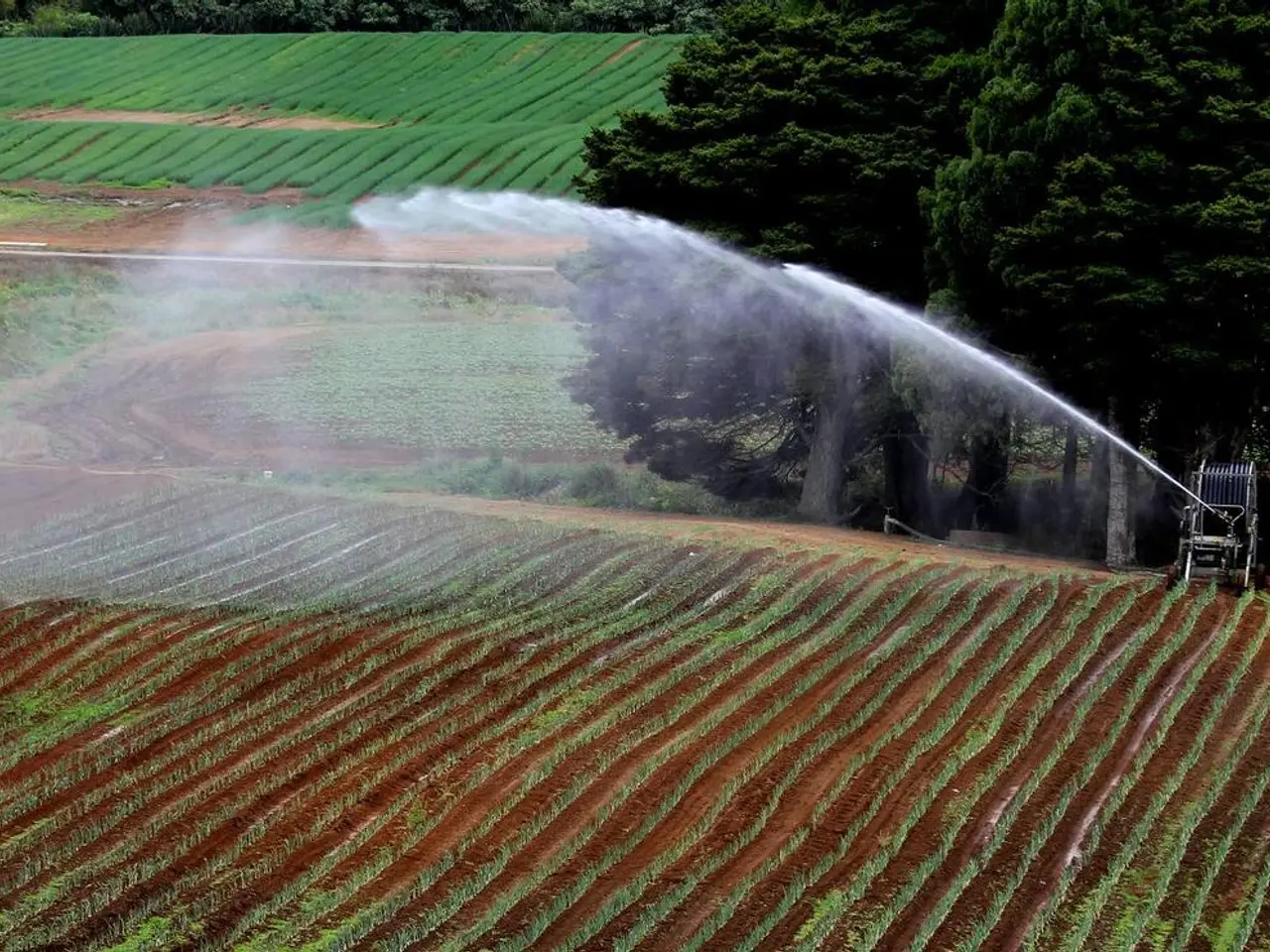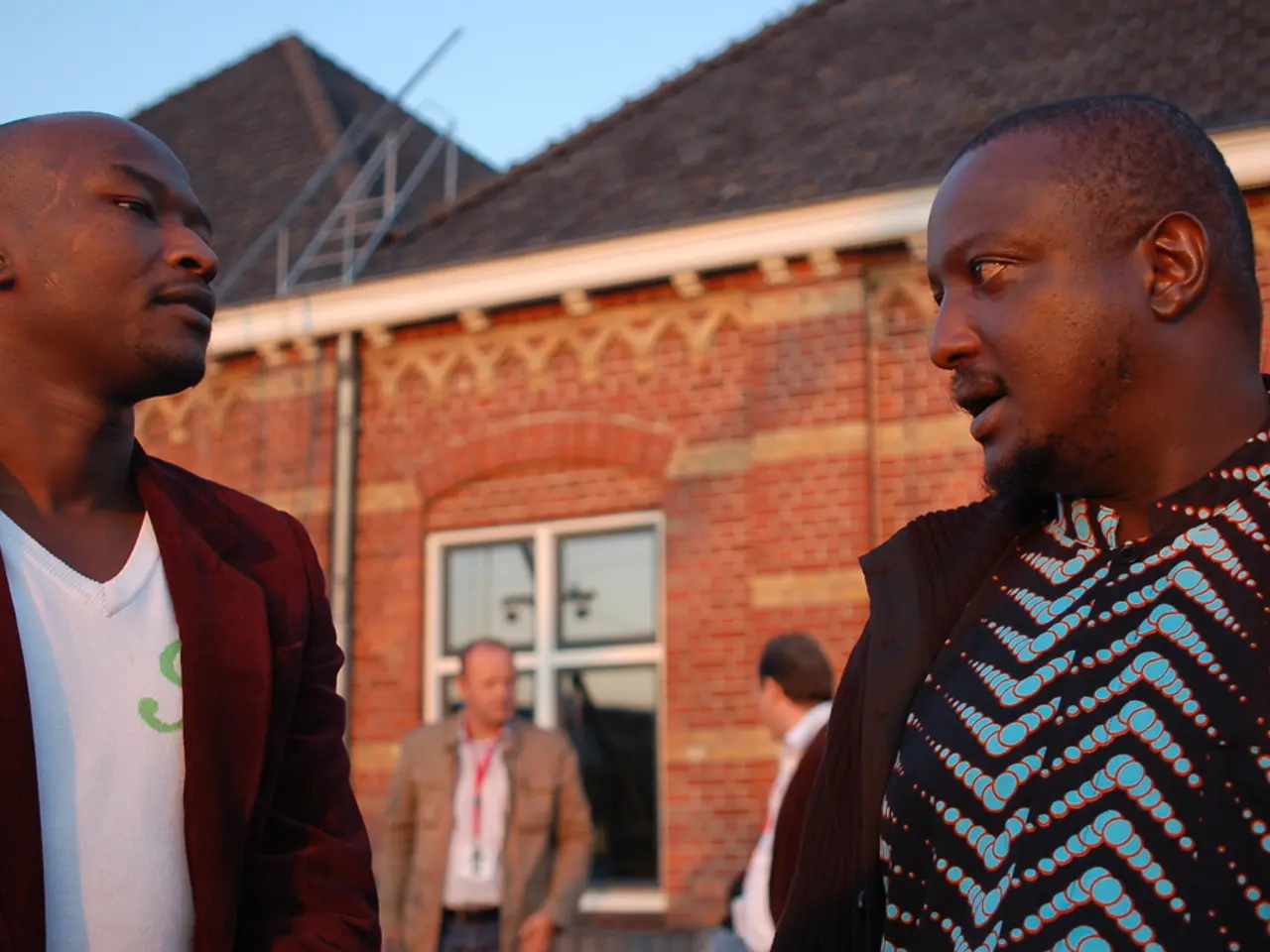Unserved communities gain access to traditional banking services through the partnered efforts of BRAC Bank and agent banking networks.
BRAC Bank's Agent Banking initiative is making a significant impact on financial inclusion, rural development, and empowerment of unbanked communities in Bangladesh. The extensive network, covering all 64 districts and over 90% of upazilas, has been instrumental in bridging the gap between formal financial services and rural populations.
Simplifying Operations for Clients and Reducing Cash Dependency
By offering integration with corporate billers and instant cash solutions, BRAC Bank enables clients to focus on their core business while minimizing risks such as counterfeit currency and simplifying operations. The bank's services extend to customers receiving debit cards, cheque books, and access to the mobile banking app "Astha," along with facilities such as instant term deposits and student file processing.
Empowering Underserved Communities
One of the most notable success stories of BRAC Bank's Agent Banking initiative is its involvement in the "Making Markets Work for the Chars" project, which has enabled marginal, seasonal farmers in remote communities to access formal financial services. The bank's efforts have also been instrumental in promoting financial inclusion of marginalized groups, particularly rural populations and women, through the TARA Agent Model. As of now, 80 TARA Agents run 90 outlets dedicated to onboarding and serving female customers.
Enhancing Access to Financial Services in Rural Areas
BRAC Bank's Agent Banking operations have contributed to national development by uplifting unbanked communities. The bank's collaboration between the Agricultural Finance and Agent Banking teams has enhanced access to finance for last-mile farmers under Bangladesh Bank's special agricultural credit scheme. Additionally, BRAC Bank's community programs, such as Uthan Boithok, provide financial literacy sessions and help remittance recipients, especially women in rural areas, open accounts to receive remittances securely. Over 15,000 accounts have been opened for remittance recipients through these programs.
Addressing Challenges and Moving Forward
While the Agent Banking initiative has made significant strides, challenges remain. These include raising awareness about the safe and convenient use of Agent Banking, managing liquidity for agents, and supporting agents through affordable insurance schemes and tax incentives. Despite these challenges, BRAC Bank continues to support agent bankers through training and skill development workshops, enhancing the capacity and sustainability of their agent network.
A Boost to Rural Economies and Financial Accessibility
BRAC Bank's Agent Banking accounts for nearly two-thirds of rural loan disbursements across the entire industry, playing a vital role in supporting key business segments such as SME, Retail, and Corporate Banking. The bank's Agent Banking operations are also used by corporate clients, including pharmaceuticals, multinational companies, and local corporates, for digital collection solutions.
In summary, BRAC Bank’s Agent Banking initiative is a critical driver of financial inclusion and rural economic development in Bangladesh by bringing affordable, accessible banking services to rural and underserved communities, especially women, thus empowering them financially and socially. The bank's efforts align with Bangladesh Bank’s strategy to expand agent banking to 25,000 agents nationwide, amplifying its role in boosting rural economies and financial accessibility.
- BRAC Bank complements its Agent Banking services by offering integration with corporate billers and instant cash solutions, thereby empowering clients to streamline their business operations and reduce dependency on cash.
- As part of their commitment to financial inclusion, BRAC Bank has been instrumental in enabling underserved communities, such as marginal farmers and rural women, to gain access to technology-driven financial services, contributing to the country's overall socio-economic development.




